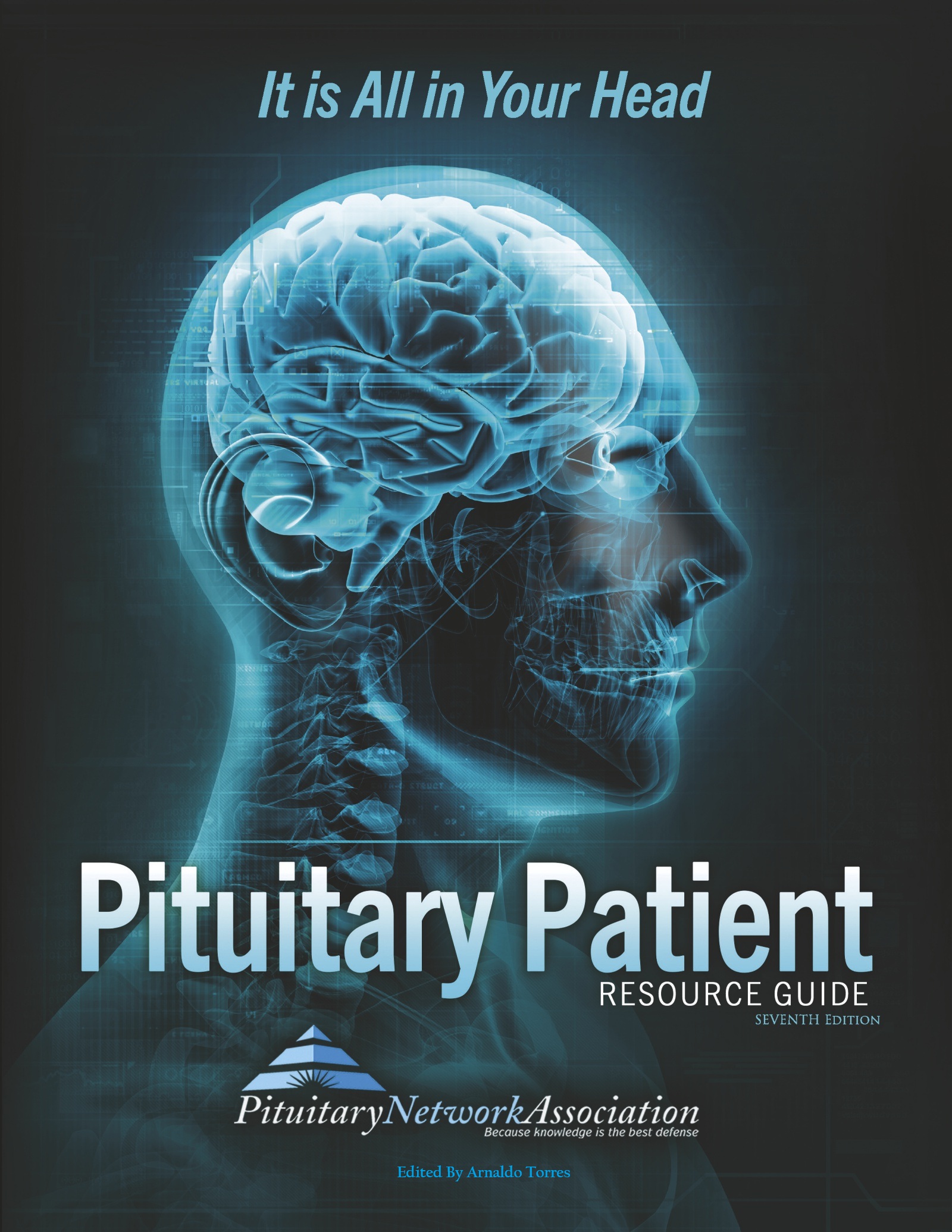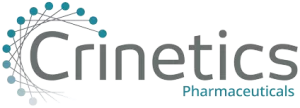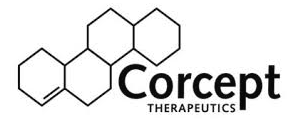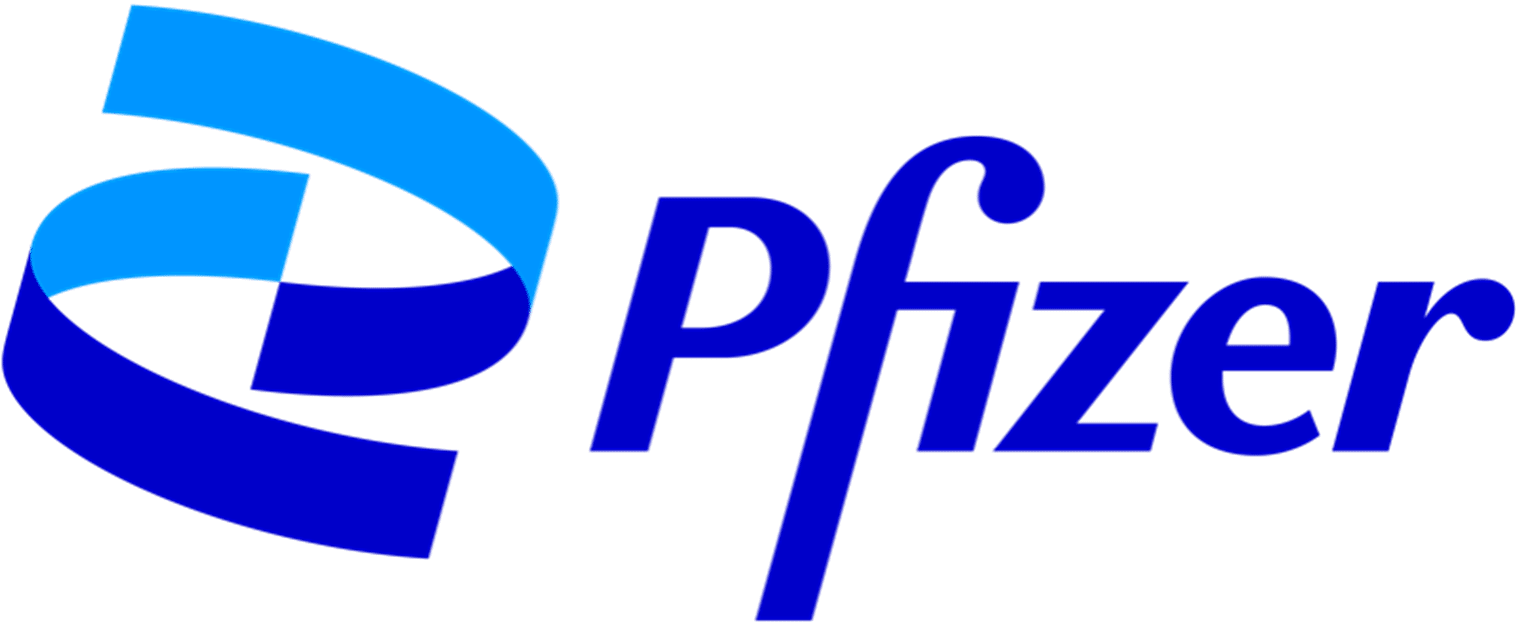Pituitary and Hormonal Guide to Achieving Quality of Life; an Integrative Approach to Healing
Integrative Medicine Education Program; our aim is to advance knowledge and increase awareness in the area of integrative medicine. The program is designed to introduce a multidisciplinary approach to healing encompassing modalities in the realm of holistic health in conjunction with western or allopathic medicine . This program will highlight, how a patient despite a myriad of disease in their pituitary gland, can still achieve health through this combination of holistic and allopathic medicine. This program will serve as a resource for pituitary patients as they try to navigate their way back to health. Such knowledge will empower patients by increasing their awareness of the impact of holistic medicine on diseases of the pituitary gland and its healing.
Contributors for this program will be from a spectrum of disciplines including “whole systems”; with a doctor of Ayurveda, Chinese medicine and naturopathy, plus a neuro-endocrinologist, a nutritionist, a physical therapist, a mental health therapist, as well as practitioners from body-based disciplines such as yoga, tai chi, acupuncture and mind-body disciplines. We strongly believe and want to demonstrate that it takes more than just allopathic medicine to help a patient heal completely. We would like to use our current platform to reach out to patients to offer the resources that will allow them the opportunity to heal holistically as well allopathically for a full recovery of the body, mind, and spirit.
Recognizing the need to provide education and resources to patients, families and the healthcare professionals that treat them, the Pituitary Network Association (PNA) was established in 1992 by a group of pituitary patients with the goal to improve diagnosis and treatment of pituitary and hormonal disorders.
The Pituitary Network Association is an international non-profit organization. Our mission: to support, pursue, encourage, promote and, where possible, fund research on pituitary disorders in a sustained and full-time effort to find a cure for these illnesses. The PNA will disseminate information helpful to the medical community and their families on matters regarding early detection, symptoms, treatments and resources available to patients with pituitary disease.
Since its inception, the PNA has served more than 1.6 million pituitary tumor patients, and communicated with more than 35,000 doctors, nurses and other professionals on three continents. We have the support of an international network of the world’s finest physicians, surgeons and medical centers, including Cedars-Sinai Medical Center, USC University Hospital, UCLA Pituitary Tumor & Neuroendocrine Program, Johns Hopkins University, Harvard University, Stanford University, and many others. The National Institutes of Health (NIH), the National Organization of Rare Diseases (NORD), the Endocrine Society, hospitals, insurance companies and private physicians now refer patients to the PNA for membership, information, and peer counseling.
Patient Testimonial
“Upon being diagnosed with a pituitary tumor presenting as acromegaly and being told that I would need brain surgery, I had a pretty unconventional reaction: I was thrilled! Finally, I had an explanation for all the symptoms that were plaguing me for years (many for decades). What became a second wave of devastation for me (the first being the growing list of symptoms that nobody could explain for years) was how I felt post-surgery. With rapid and extreme hormonal changes my body was in shock and I was in extreme pain. Every cell in my body needed to learn a new normal. With the help of intense physical therapy to re-pattern my neuromuscular system and energy medicine to bring every aspect of my body into balance, I was able to resolve the pain and reach a point where I could lead my life the way I want to. I continue to use complimentary modalities and an integrative approach to my health to maintain this balance and stay out of pain.”
-Laurie Gerber
Laurie also developed a program to help educate medical students about patient experiences. Please watch her video about Promoting Patient-Doctor Communication for Optimal Care







